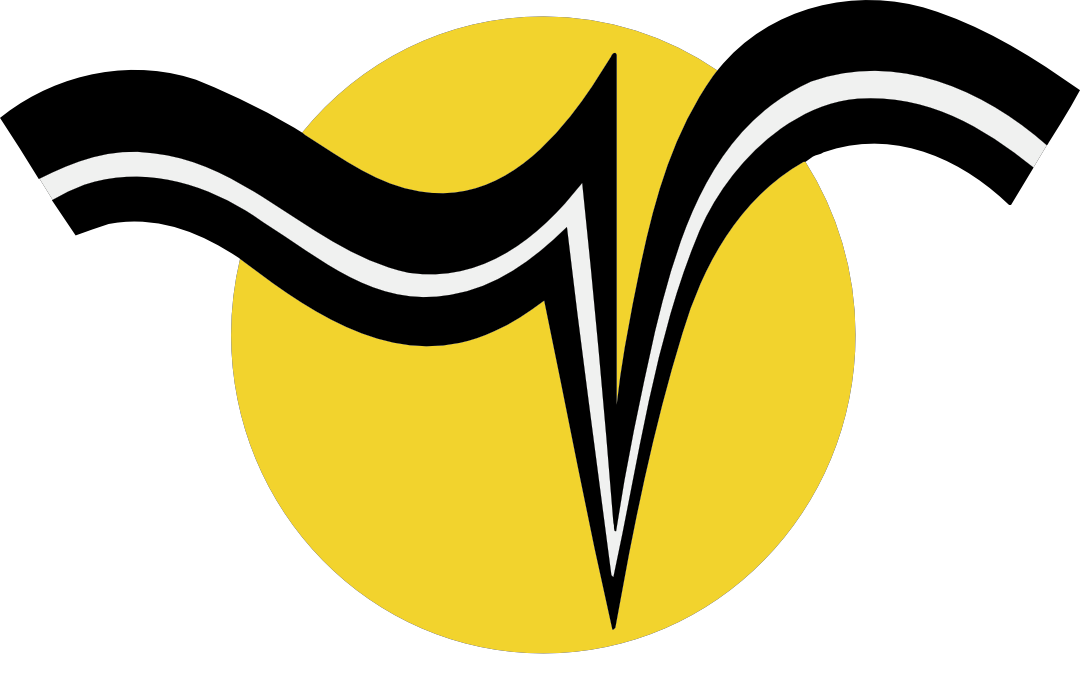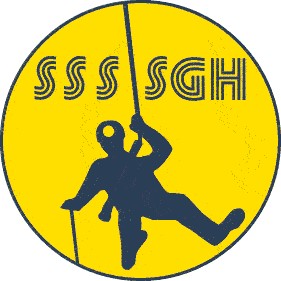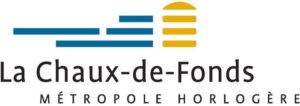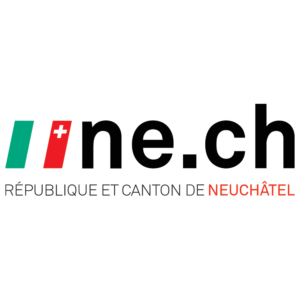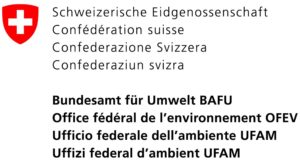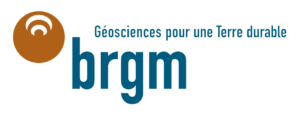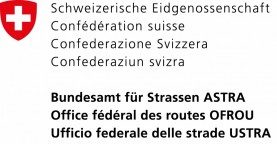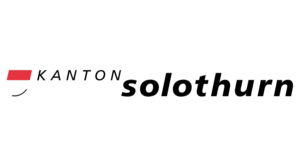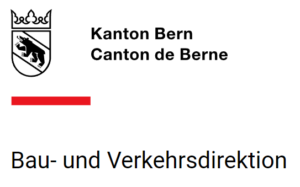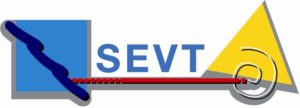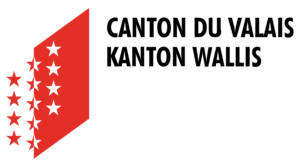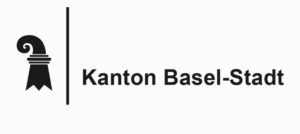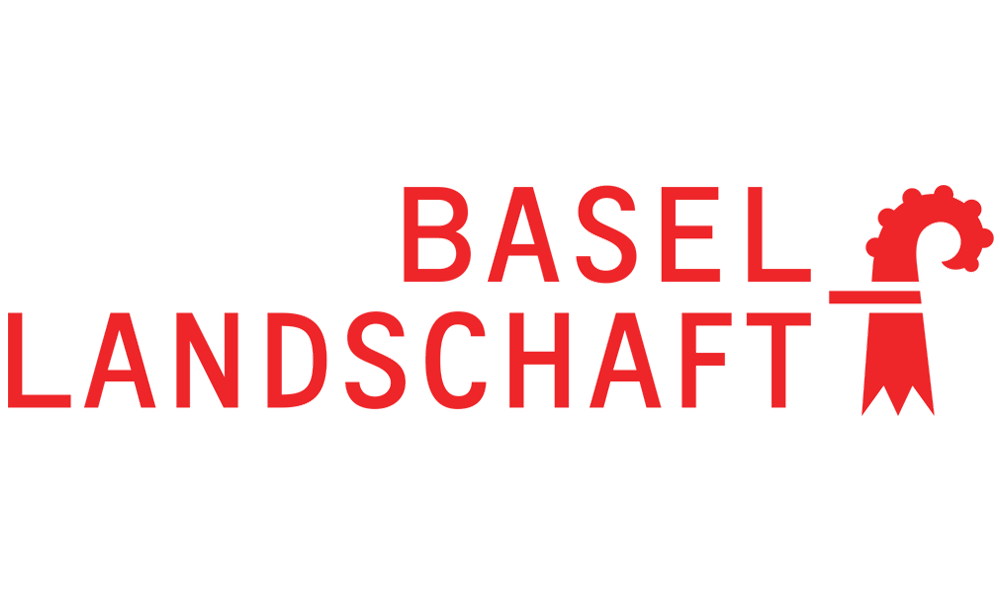Who we are
SISKA is a non-profit foundation recognised as being in the public interest.
Its goal is to encourage and promote speleological work and knowledge of the karstic environment with a view to sustainable management.
objectives
To achieve its aims, the institute is pursuing a number of objectives in the fields of science, geocomputing, heritage, education and scientific outreach:
- Encourage basic and applied scientific research projects linked to the underground world and the karstic environment.
- Communicate and teach about the specific features of karst and raise public awareness of the vulnerability of the underground environment.
- Establish links with the various stakeholders and users of the karst (university institutes, public authorities, engineers, politicians, speleologists, local residents).
- Be the swiss reference body for the management and protection of the surface and underground karst environment, in conjunction with the Swiss Speleological Society.
- Propose methods and tools for the sustainable management of karstic environments.
- Promote the Swiss Speleological Society's documentary archives and encourage the continuation of this national archiving work.
Team
Employees
SISKA employs staff in the natural sciences (geology, hydrogeology, geomorphology, archaeozoology, biospeleology), the humanities (geography) and administration (accounting, secretariat and human resources).
Our institute relies on a network of specialists as external contractors: forestry engineer, geologist, graphic designer, IT specialist.
Our team is regularly supplemented by civil servants and trainees.

Pierre-Yves Jeannin
PhD. Hydrogeology
Pierre-Yves Jeannin
Management
Head of Science
Domains:
Science
Heritage
Education
Administration

Marc Lütscher
PhD. Palaeoclimatology
Marc Lütscher
Management
Public Relations Manager
and Heritage
Domains:
Science
Heritage
Administration
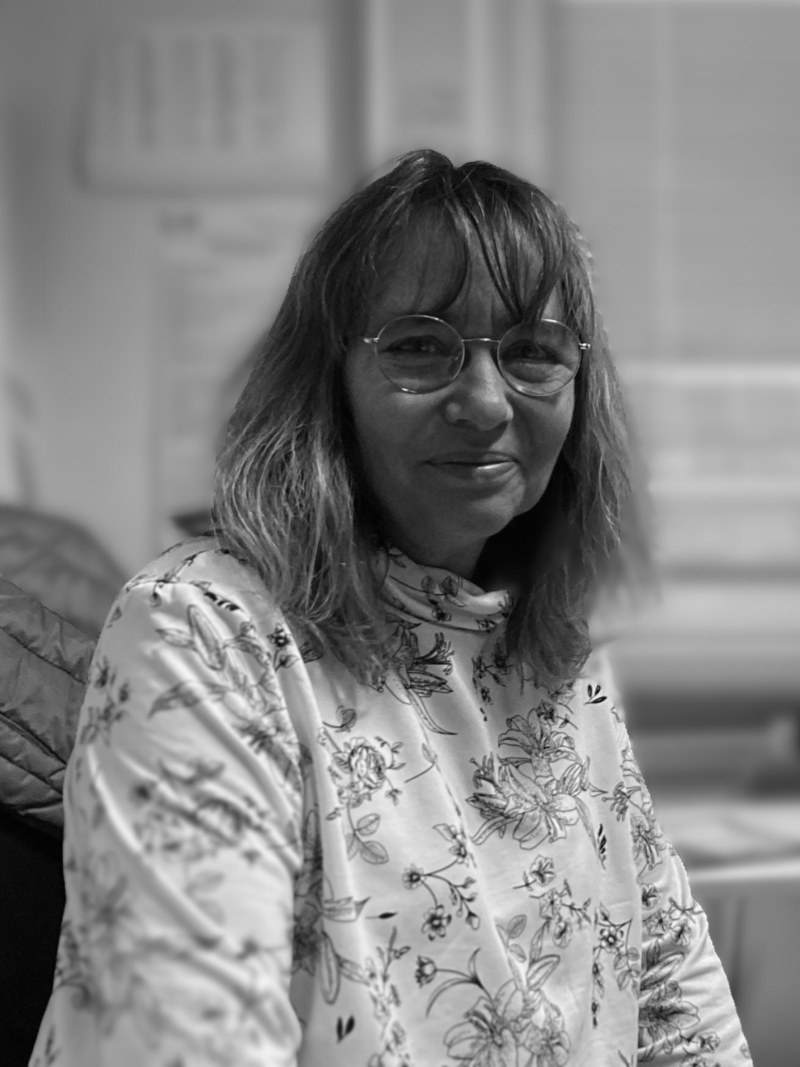
Véronique Monnard
Secretariat

Constanze Bonardo
Secretariat

Arnauld Malard
PhD. Hydrogeology
Arnauld Malard
Geocomputing Manager
Domains:
Geocomputing
Science

Amandine Perret
PhD. Earth Sciences
Amandine Perret
Head of Teaching
Domains:
Science
Heritage
Education

Mathieu Luret
PhD. Archaeozoology

Philipp Häuselmann
PhD. Geology
Philipp Häuselmann
Project Manager
Domains:
Science
Education
Heritage

Eric Weber
MSc Hydrogeology

Simon Pettelat
MSc Natural Hazards
Simon Pettelat
Scientific Associate
Domains:
Science
Heritage

Maud Galletti
MSc Engr. Geology
Maud Galletti
Scientific Associate
Domains:
Science
Education

Miguel Bartolomé
PhD. Palaeoclimatology

Claudio Pastore
MSc Geology

Amir Sedaghatkish
MSc Fluid Mechanics Engineering

Ainhoa Val
Msc. Geology

Neal Mathes
Msc. Geology
Civil Service
SISKA regularly takes on civilian staff on long-term assignments, with or without priority. The tasks they are assigned can be very varied, depending on the season, the skills of each individual and the needs of the Institute.
- Remediation of cavities and sinkholes.
- Support for the education sector (excursions).
- Support in the various areas of the institute.
For more information, please contact us.
The specifications (85467 and 63080) for civil service positions are available online on the e-Zivi portal. Before completing an assignment agreement, please always contact the institute first.
Annual Reports
Since its foundation SISKA has published an annual report on its activities. It contains information on the projects carried out by the Institute, the annual accounts and balance sheets, a list of the members of the Foundation Board, and other information on SISKA's activities and identity.
Since 2016, the annual report has been structured around a chosen topic, highlighting a current theme that is particularly relevant or representative of the year's projects.
History
Why create a Swiss Institute of Speleology and Karst Studies?
In August 1997, the World Congress of Speleology in La Chaux-de-Fonds was a resounding success. With 1650 participants and almost 500 scientific papers, it was the largest speleological event ever held in the world. A significant part of this success was due to the excellent international reputation of Swiss speleologists, particularly in the fields of underground topography, archiving, inventories and scientific observations.
The members of the Swiss Speleological Society (SSS) observe, document and archive everything related to caves in Switzerland. Before the creation of the SISKA, this research was carried out entirely on a voluntary basis and was not supported by any official structure with a professional basis. As a result, the vast amount of information collected by the SSS remained generally unknown and under-exploited, by both government departments and academic circles, as well as private offices and the general public. SISKA was born to establish a link between cavers and these circles.
The SSS has become aware of the public interest role it can and must play in all matters relating to the underground environment (science, documentation, safety, protection, education, etc.). By creating the Swiss Institute of Speleology and Karstology (SISKA), the SSS has given itself the means to achieve this objective by placing its knowledge and skills at the service of the authorities and the public.
Founding member
The SISKA was founded on 4 February 2000 by 7 founding members. The founding capital was CHF 120'000. Its registered office is in La Chaux-de-Fonds.
